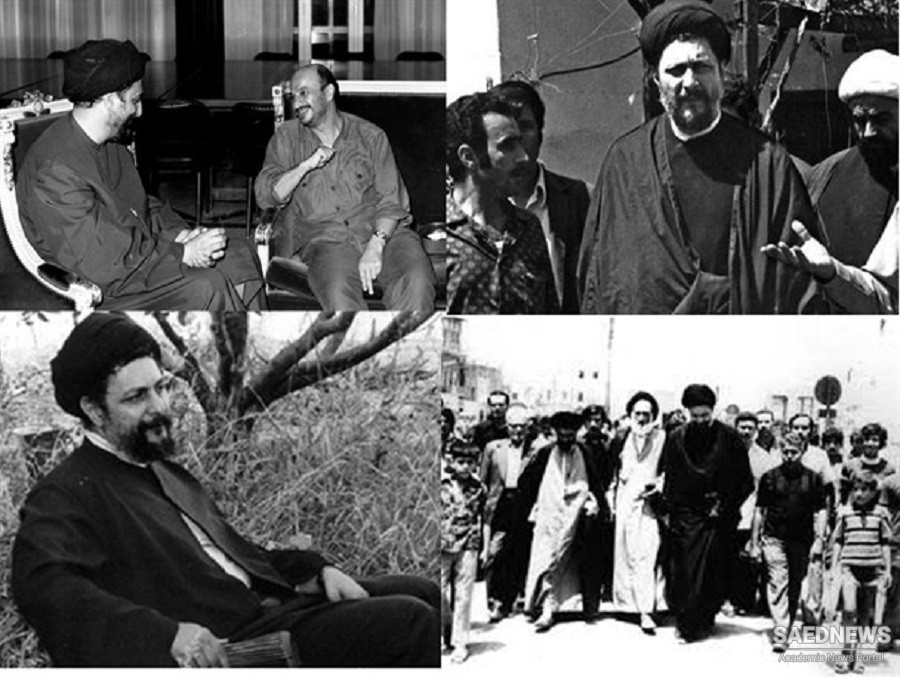The Council, formally authorized two years earlier by the Chamber of Deputies, or Lebanese parliament, provided for the first time a representative body for the Shia independent of the Sunni Muslims. It was a stunning confirmation of al-Sadr’s status as the leading Shia cleric and one of the most important political figures in the country. The al-Sadr–led Council quickly made its presence known by issuing demands in the military, social, economic, and political realms, including improved measures for the defense of the South, provision of development funds, construction and improvement of schools and hospitals, and an increase in the number of Shia appointed to senior government positions. Unfortunately the response of the Lebanese government was ineffectual. Its Council of the South (Majlis al-Janub), created in the late 1960s in the wake of a general strike organized by al-Sadr and chartered to support the development of the region, became an infamous locus of corruption.
The growing influence of Musa al-Sadr prior to the civil war certainly gave direction to the political awakening of the Shia; it bears reiterating, however, that Imam Musa led only a fraction of his politically affiliated co-religionists. It was the multi-confessional parties and militias that attracted the majority of Shia recruits and many more Shia carried arms under the colors of these organizations than under Amal. Perhaps al-Sadr’s single most important success was to reduce the authority and influence of the traditional Shia elites, but it was the civil war and the associated explosion of extralegal organizations that smashed the power of many political personalities long comfortable in privilege and power.
Whatever he may have been, and despite his occasionally vehement histrionics, Musa al-Sadr was hardly a man of war. His weapons were words, and in a country where the force of arms increasingly held sway, his political efforts were eventually short-circuited. He seemed destined to be eclipsed by the violence that engulfed Lebanon.
In August 1978 al-Sadr flew from Beirut to Tripoli with two aides to attend ceremonies commemorating the ascent of Libyan leader Muammar Gaddafi to power in 1969. When his failure to arrive at the ceremony was noticed, rumors circulated that he had left for Italy. The Libyan government quickly claimed to have evidence that al-Sadr had indeed left the country. However, supporters of the missing cleric pointed out that al-Sadr’s baggage was found in a Tripoli hotel and there was no evidence of his arrival in Rome. Airline crews could not confirm that al-Sadr had ever flown from Libya to Italy. Although his fate is unknown to this day, Gaddafi is widely suspected of having ordered his assassination because, so the rumors have it, he viewed him as a political rival.


 Sayyid Mahmud Taleqani: Abuzar of Imam Khomeini
Sayyid Mahmud Taleqani: Abuzar of Imam Khomeini














































